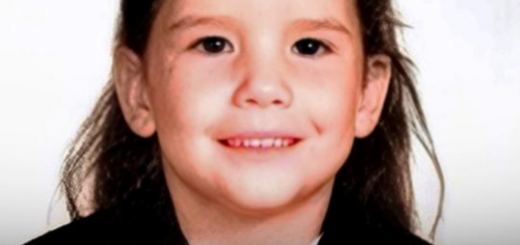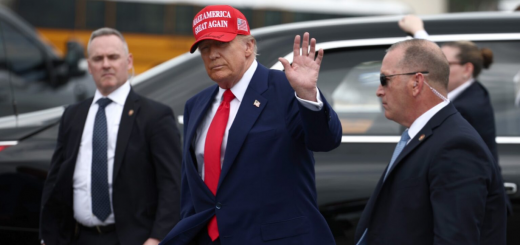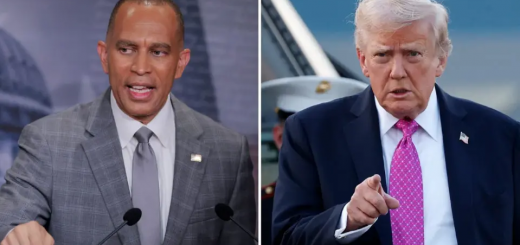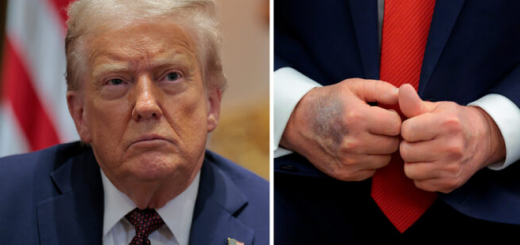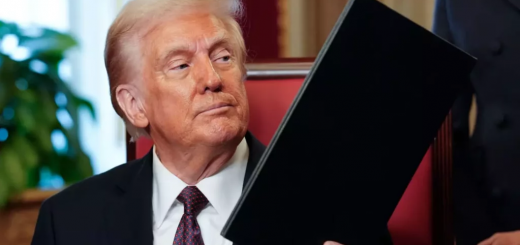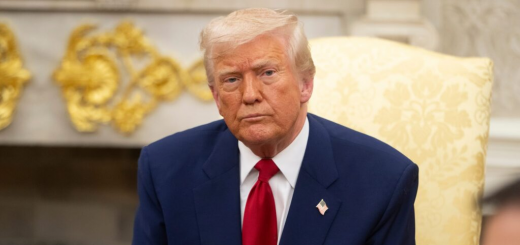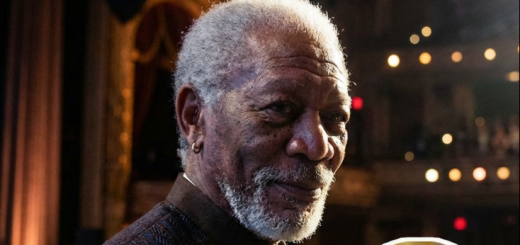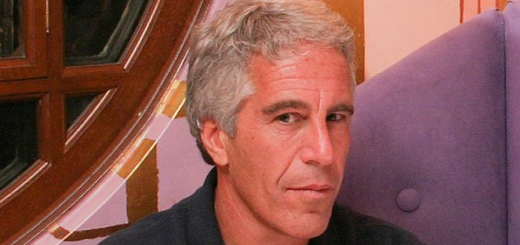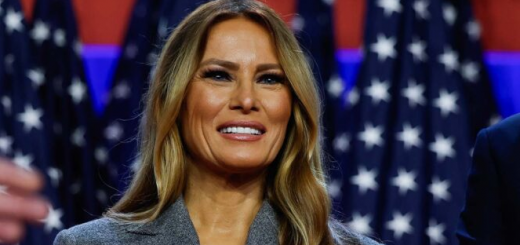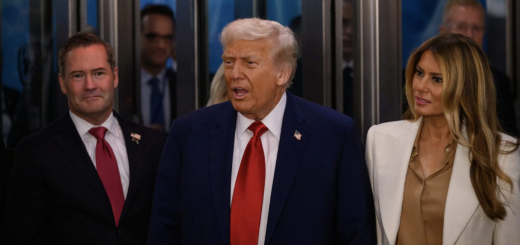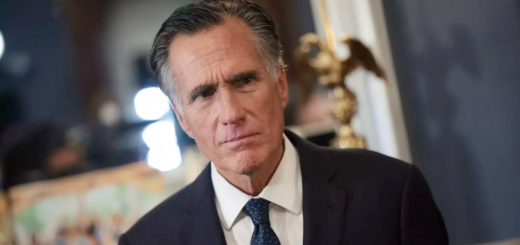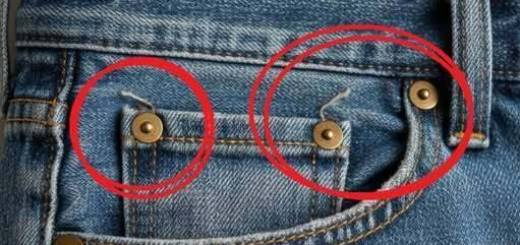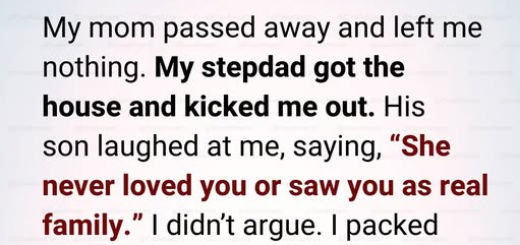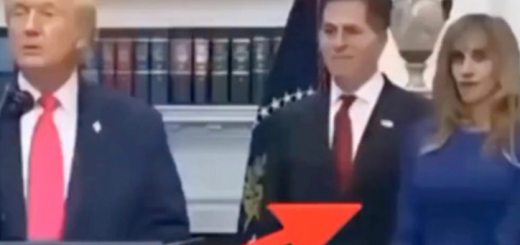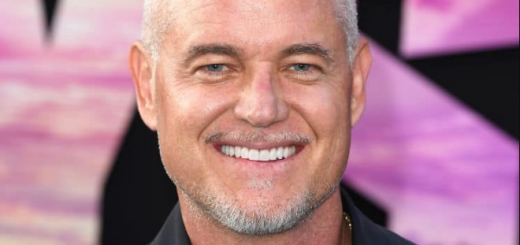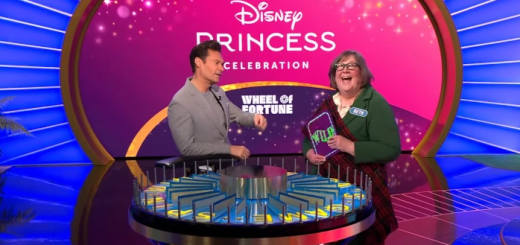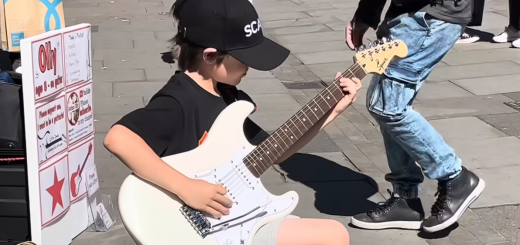Analysts Say Biden’s Pardons Could Backfire—Legal Loophole May Expose Fauci, Cheney to Congressional Testimony
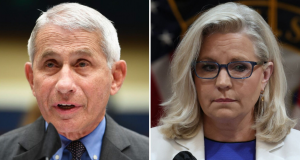
President Joe Biden’s recent preemptive pardons of Dr. Anthony Fauci, former Rep. Liz Cheney, Gen. Mark Milley, and members of the January 6 committee have sparked controversy—and legal scrutiny.
According to journalist Matt Taibbi, who discussed the issue on Tucker Carlson’s podcast, the pardons may unintentionally open the door to new investigations rather than shut them down.
Taibbi explained that, under U.S. law, individuals who have received pardons can no longer invoke the Fifth Amendment to avoid testifying in court or before Congress.
“Once the pardon’s delivered, the person can’t plead the Fifth,” he said, citing conversations with legal experts and former Senate investigators.
“They have to testify, even under oath, and that could be a game-changer.”
Federal litigation attorney Jesse Binnall echoed this view, stating that Biden’s pardons do not protect recipients from perjury charges or future legal consequences.
“This is actually great news for accountability,” Binnall wrote on X. “They can no longer refuse to testify, and if they lie under oath, they can still be prosecuted.”
Critics argue that issuing these pardons raises serious questions—especially if the individuals involved were never formally charged with a crime.
“You don’t give out pardons unless there’s something significant to hide,” Taibbi noted, adding that the move could signal deeper issues that warrant further investigation.
Former President Donald Trump also weighed in, condemning Biden’s actions. “Why are we helping Liz Cheney or Mark Milley?” Trump asked reporters.
“These are people who made bad decisions and were part of a political witch hunt.”
Some legal experts suggest that future depositions or hearings should take place outside Washington, D.C., due to concerns about political bias in local courts.
Retired Army officer and author Kurt Schlichter wrote, “To ensure fair proceedings, take the testimony outside of D.C., where partisan outcomes are less predictable.”
As the legal and political fallout continues, one thing is clear: the pardons meant to close the door on past controversies may have just opened another one.


